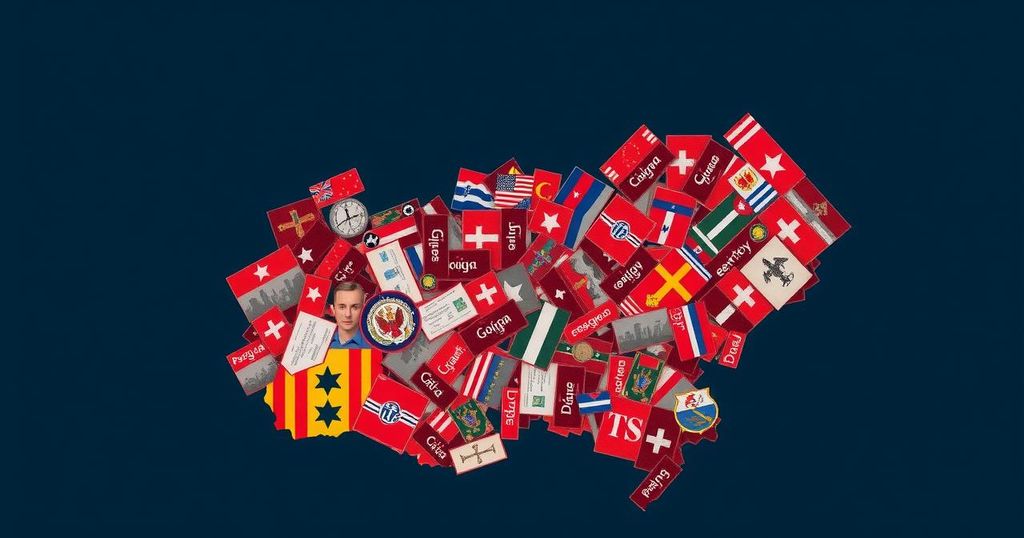Georgia is set to hold a crucial parliamentary election on Saturday, which is seen as a turning point for the nation’s future relations with the West versus Russia. The ruling Georgian Dream party advocates for maintaining peace, while opposition groups accuse it of bringing the country closer to Moscow.
The Republic of Georgia, strategically located at the crossroads of Europe and Asia, is poised to conduct a crucial parliamentary election this upcoming Saturday. This election has garnered significant attention as it is widely regarded as one of the most critical since Georgia’s independence from the Soviet Union in 1991. The outcome of this election will determine whether Georgia continues its long-standing alignment with Western nations or embarks on a path toward deeper economic and political ties with the Russian Federation. The ruling party, Georgian Dream, has asserted its commitment to maintaining peace and stability, claiming that it will keep Georgia out of conflict. In contrast, opposition liberal factions contend that the government’s actions are inexorably leading the nation into the sphere of Russian influence. The electorate is faced with a decision that could reshape Georgia’s geopolitical stance and its future relations with both Western allies and Russia.
Georgia has consistently sought closer ties with Western allies, particularly since the dissolution of the Soviet Union. The nation’s strategic position has made it a focal point of interest for both NATO and the European Union. However, in recent years, the shadow of Russian influence has loomed large, complicating Georgia’s aspirations. The ruling Georgian Dream party’s policies have come under scrutiny as some segments of the population fear that these policies might pivot the country away from Europe and toward Russia, which has historically exerted pressure on its neighbors.
In conclusion, the upcoming parliamentary elections in Georgia represent a pivotal moment in the nation’s history. The decision by voters will have profound implications for the country’s alignment—either reinforcing its ties with Western institutions or succumbing to Russian influence. The contrasting positions of the ruling party and the opposition encapsulate the broader struggle within Georgia regarding its national identity and geopolitical orientation.
Original Source: www.washingtonpost.com






